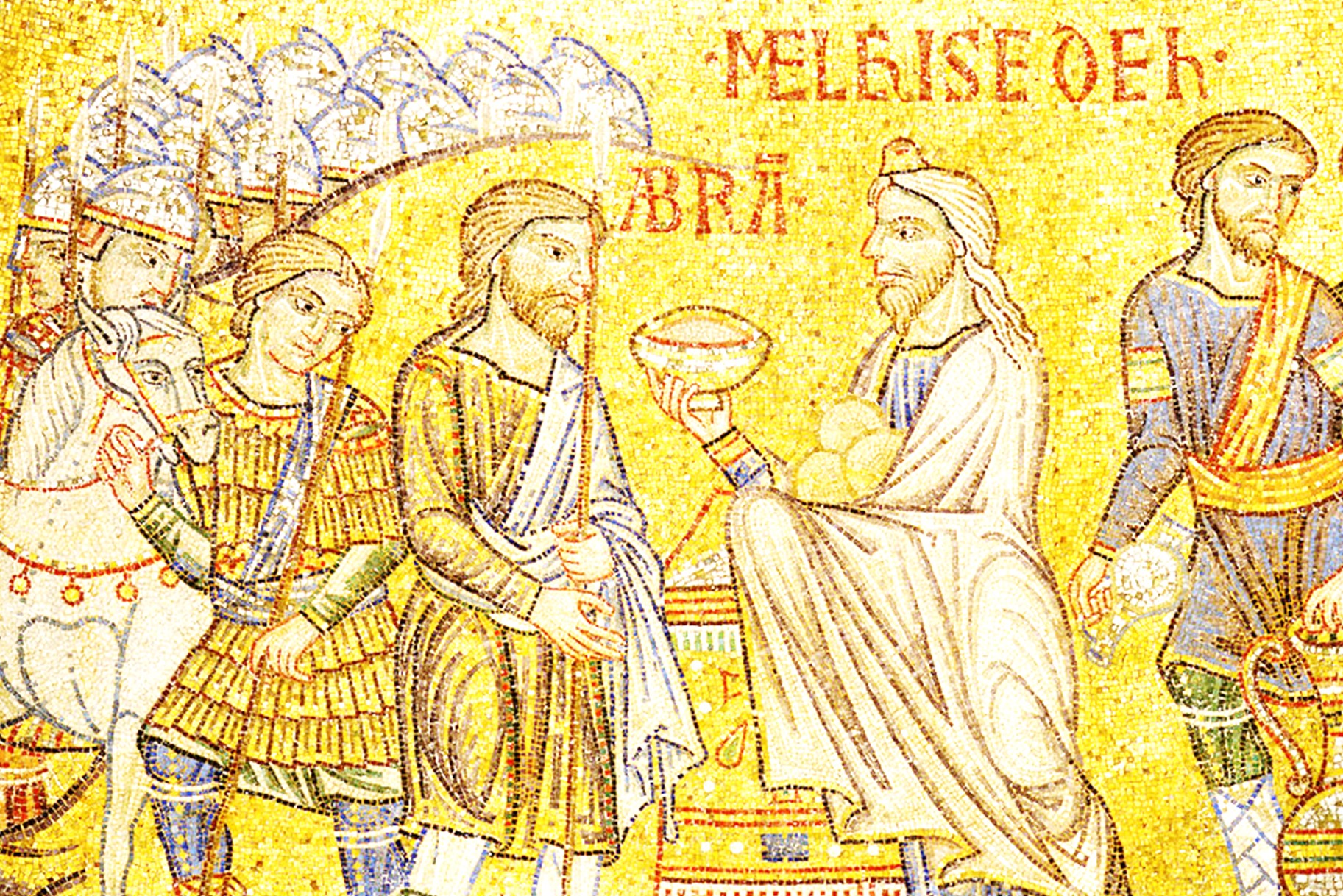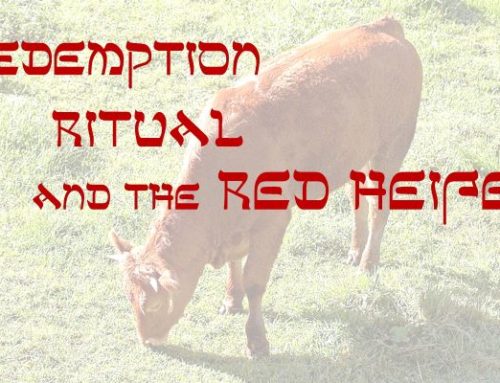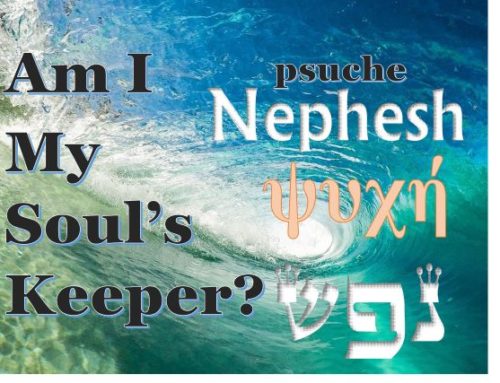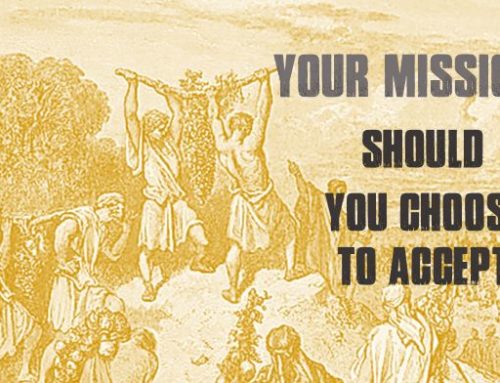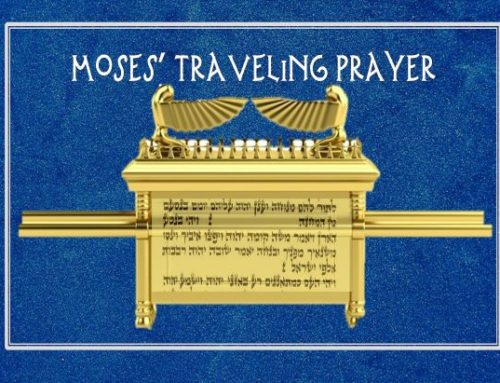Torah Portion Lech Lechah, Genesis 12-17.27, Isaiah 40.27-41.16
“So he (Abraham) brought back all the goods, and also brought back his brother Lot and his goods, as well as the women and the people. And the king of Sodom went out to meet him at the Valley of Shaveh (that is, the King’s Valley), after his return from the defeat of Chedorlaomer and the kings who were with him. Then Melchizedek king of Salem brought out bread and wine; he was the priest of God Most High. And he blessed him and said: “Blessed be Abram of God Most High, Possessor of heaven and earth; And blessed be God Most High, Who has delivered your enemies into your hand.” And he gave him a tithe of all.” Genesis 14. 17-20 NKJV
This week’s Torah Portion, “Lech Lechah” (Go forth) plays out on history’s stage an amazing drama. Set in the King’s Valley, three ancient kings assemble. At stage right, Abraham enters victorious from battle, leading “captivity captive”. At stage left, the king of Sodom emerges after having fallen into pit. Finally, descending from Jerusalem, the King of Righteousness (Melchizedek) brings blessings of bread and wine – the covenant meal. The text calls our theater both the Kings Valley, and the Valley of Shaveh. Shaveh speaks of dividing portions, comparison, equality, and worth. How appropriate that this should be the place where the tenth was tithed to the Most High, and Kings portions were divided. Though its location is a mystery, the name suggests it was an equal or level plain between Jerusalem and the Dead Sea. On a deeper level, the theater of Shaveh invites us, the spectators, to compare the ancients assembled. Is this simply a scene from antiquity, or a prophetic picture to come?
I. Abraham, Father of Kings
Abraham, at this point known as Abram, is not called a king, but is, most certainly, a king. He is the central figure of this drama, with every right to assemble in the Kings Valley. From him kings will be born, and nations will spring, all pointing to Abraham as their head. The three were drawn to this valley for different reasons. Abraham finds his way to Shaveh, after liberating his nephew Lot, who was taken captive north of Damascus with the other peoples around Sodom and Gomorrah. Abraham the warrior assembled three-hundred and eighteen trained men of house, along with Aner and Eschol, and Mamre who covenanted with Abram. Pursuing five kings of the North, Abraham liberated the captives bringing the spoils to the Valley of the Kings. If there was any doubt as to Abraham’s right to be in the Valley of the Kings, it was dispelled.
Captivity Captive
Abraham, like the King Messiah who descends from him, led captivity captive. (Eph. 4.8) What do I mean? Though he led the captives out they were still captive. There is a tension in the story. Will Lot align with Abraham or return to the King of Sodom? His voice is silent. Would any among the rescued join the house of Abraham?
Honoring the King of Kings
All kings are not equal at Shaveh. Melchizedek, whom we will look at in a moment, has come to the Valley. He blesses Abraham as a Priest of the Most High God, as a representative of the King of Kings. The fact that he blesses Abraham reveals that Melchizedek is a King greater than Abraham. Abraham shows his authority of all that he has brought back as spoils by honoring the King of Kings, the Most High God with a tithe. Abrahams’s generosity to give the tithe incited the impotent but demanding king of Sodom who was spared being taken into captivity by falling into a pit.
II. The King of Sodom
“Now the Valley of the Siddim was full of tar pits, and as the kings of Sodom and Gomorrah fled, they fell into them, and those who remained fled to the hills.” Gen. 14. 10 TLV
The King of Sodom enters Shaveh having slipped in a sinkhole around the rim of the Dead Sea. Since the last decades drying of the Dead Sea, many such pits have appeared making it dangerous to safely approach much of the shore. Is it a coincidence that this king should climb out of the pit onto this stage to make his claim, only to have his kingdom destroyed by fire? It is hard not to see the parallel to the beast of Revelation and the devil who ascend from a pit to make war on the “two witnesses” in the city called Sodom and Egypt. (See Rev. 11. 7, 17.8)
The King of Sodom brings nothing and is acutely aware he is weak. He who fell in battle now stands before Abraham before whom five kings fell! When Abraham gives a tenth, the King of Sodom retorts.
“Give me the persons, and take the goods for yourself.” Gen. 14. 21 NKJV
Abraham replied.
“I have raised my hand to the Lord, God Most High, the Possessor of heaven and earth, that I will take nothing, from a thread to a sandal strap, and that I will not take anything that is yours, lest you should say, ‘I have made Abram rich’— except only what the young men have eaten, and the portion of the men who went with me: Aner, Eshcol, and Mamre; let them take their portion.” Gen. 14. 22-24 NKJV
Abraham wanted nothing belonging to this wicked king. Was there not an impact of the righteous Abraham upon the captives? Could not ten men be found who would be loyal to the God who gave Abraham victory, to whom Abraham tithed? These people followed the king of Sodom to destruction, a picture of the many who will follow the Beast and Satan who in the end times.
“The devil, who deceived them, was cast into the lake of fire and brimstone where the beast and the false prophet are. And they will be tormented day and night forever and ever.” Rev. 20.10 NKJV
But now we come to the greatest king at Shaveh, the “King of Righteousness”. Who is he, and could those captives have found refuge in his tents?
III. The King of Righteousness
“Then Melchizedek king of Salem brought out bread and wine; he was the priest of God Most High.”
Melchizedek means “King of Righteousness”, he is also called the King of Salem. David spoke of Messiah as a “priest forever after the order of Melchizedek”. (Psalm 110.4) The book of Hebrews describes him as having neither father nor mother nor descent, beginning nor end of days, being made “like unto the Son of God”. (Hebrews 7.3) This mysterious priest / king offers both Abraham and the reader an ancient sacred meal.
Who was Melchizedek?
-
Shem the Son of Noah
Melchizedek has been associated with a man of Abraham’s time who came from another time, a man whom Scripture records was already hundreds of years old, one so ancient he seemed to be without father or mother – eternally present. Traditions say Shem, the son of Noah was this King of Righteousness, and that he passed onto Abraham teachings of worship and the world before the flood.[1] The book of Hebrews says, “the lesser is blessed by the greater”, meaning Melchizedek was greater than Abraham. His formula of his blessing is still used today in Hebrew blessings. There is an interesting prophecy given to Shem, the father of the Semitic people, including Abraham. Through him God’s revelation would come, and his tent refuge will be found.
“Blessed be the Lord, The God of Shem, And may Canaan be his servant. May God enlarge Japheth, And may he dwell in the tents of Shem…” Gen. 9 26-27 NKJV
-
A Righteous Canaanite Priest / King
A second theory argues Melchizedek was a Canaanite King of Jerusalem, who happened to be a priest of the true, Most High God.
-
One Like the Son of God
Many believe Melchizedek is a pre-incarnate appearance of Yeshua, the Messiah. The writer of Hebrews says that Melchizedek was made “like to the Son of God”. (Heb. 7.3) It is safe to say that he represents the Son of God both in His office and eternal position.
Melchizedek can be seen as a type of Messiah rather than a pre-incarnate appearance. In his day it seemed as if he had always existed. If Shem passed on the revelation of the pre-flood world to Abraham, that message continued to Moses and our modern times.
Conclusion in the Valley of Decision
The Valley of Shaveh is our valley of decision. The kings assembled before us serve as a warning to a future generation. Will we follow the God of Abraham, who submitted to be blessed by the King of Righteousness, or the king of Sodom to fiery destruction? Abraham refused even a stitch of Sodom’s spoils, but made no concessions regarding the people. I believe those captives could have found shelter in the Tents of Shem and Abraham. Aner, Eschol, and Mamre, long before, made the decision to join the Abrahamic Covenant. Though not physical sons, they became spiritual sons. There is room even today in the tents of Shem and Abraham through the Messiah.
“That at that time you were without Christ, being aliens from the commonwealth of Israel and strangers from the covenants of promise, having no hope and without God in the world. But now in Christ Jesus you who once were far off have been brought near by the blood of Christ.” Eph. 2. 12-13 NKJV
Sadly, many who were once delivered are returning to captivity and leaving the Faith. And yet in this late hour, the King of Righteousness’ hands extend the “bread and wine” of the New Covenant. Finding shelter in the tent of Shem is one of the ancient promises of shelter found in Yeshua, the Messiah. May you be found in Him today.
Shavua Tov from Zion
[1] Pirkei DeRabbi Eliezer 8.4
